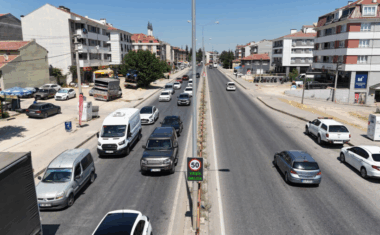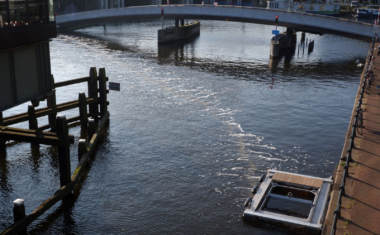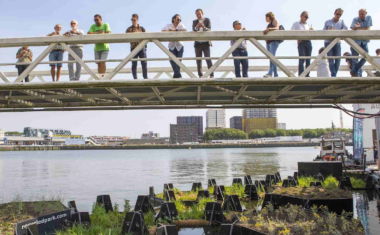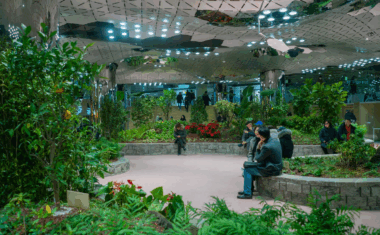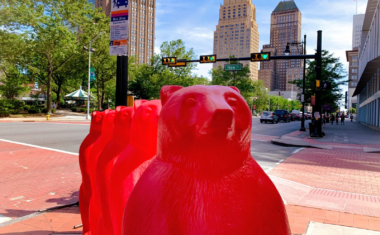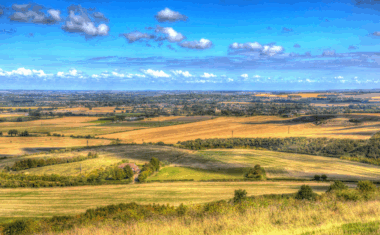Bristol Metrobus
- 5 min to read
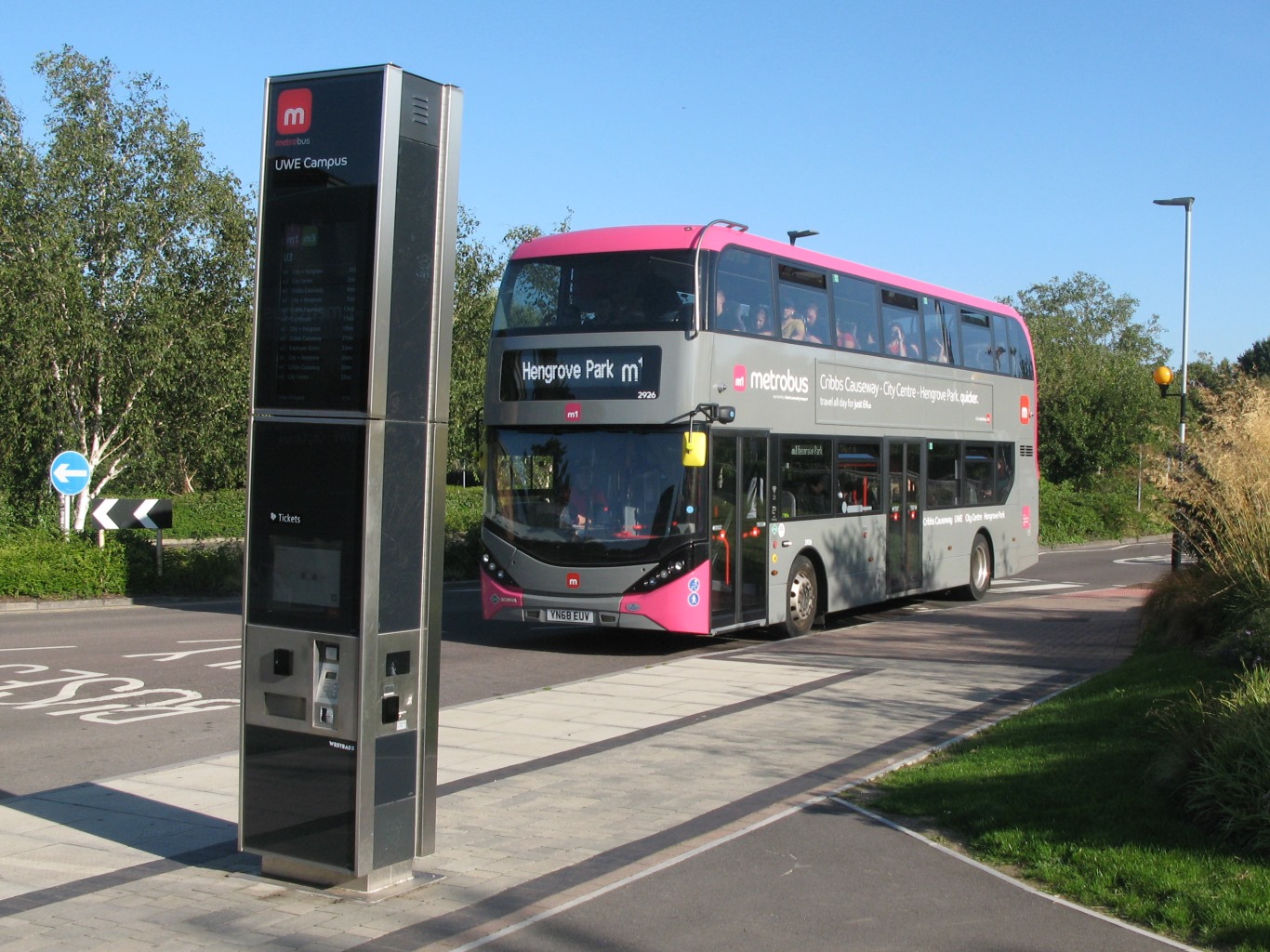
About the city. Bus routes pass through key destinations in The Greater Bristol area. Bristol has a high dependency on cars and poor air quality with a rapid expansion.
Goal
The aim of the project is to unlock economic growth, address poor public transport in South Bristol, long bus travel times and high car usage on the North Fringe of the city and in the M32 motorway corridor.
Implementation period. The project started in 2006. In April 2016, construction had begun on all three routes.
Fact
In 2019, Bristol became the first city to completely ban diesel cars, starting in 2021. Diesel cars will be banned in the central area of the city from 7 am to 3 pm every day.
Solutions
The Metrobus was designed to connect with existing rail and bus services in The Greater Bristol area. This included the construction of a 3.5-kilometre bus route separated from general traffic, 94 new bus stops, and 282 new cycle parking lots. Another 10 km of new cycle and walking routes have been constructed to make it safer to travel by bike or foot.
Buses are accessible for people with disabilities, providing double doors, low floors and wide corridors. There is a “buy before you board” ticket sales scheme that includes an app and ticket machines to reduce waiting time at bus stops. Distinctive Metrobus stops feature iPoints that allow passengers to buy tickets, plan trips, and view current information for future services.
Modern, eco-friendly vehicles are equipped with free Wi-Fi and USB charging ports. Plus an additional set of doors to make it easier to get in and out.
Currently, buses use Euro-6 diesel fuel, which emits 95% less nitrogen oxides than previous buses. However, within 24 months, all Metrobuses will be powered by carbon-neutral biomethane gas created from food waste that would otherwise end up in landfill. Biogas has many advantages because it emits less CO2, has lower operating costs, and creates less noise than diesel or gasoline.
Metrobus operates under a quality partnership scheme, which means that local councils provide facilities (bus stops, bus priorities, ticket offices) and support infrastructure while participating bus operators provide services and operate buses.
Challenges
MetroBus has faced opposition from environmental groups who claim that a new bus-only junction on the M32 section (North Fringe to Hengrove section) would mean the loss of 12 small plots of land, the loss of long-held allotments, expansion into green belt land, and the loss of Grade 1 soil and land in Feed Bristol, a community food growing project.
This claim has been repeated multiple times by the media, helping to sway public opinion against Metrobus in the run-up to the 2012 mayoral election. This contributed to the decision of the mayor to change the route.
Team
First West of England, Bristol Community Transport, Bristol City Council, South Gloucestershire Council, North Somerset Council
Timeline
The first route, service m3, began operations on 29 May 2018, followed by m2 on 3 September and m1 on 6 January 2019.
If you notice an error or inaccuracy in our editorials, please email [email protected] so we can look into it.

